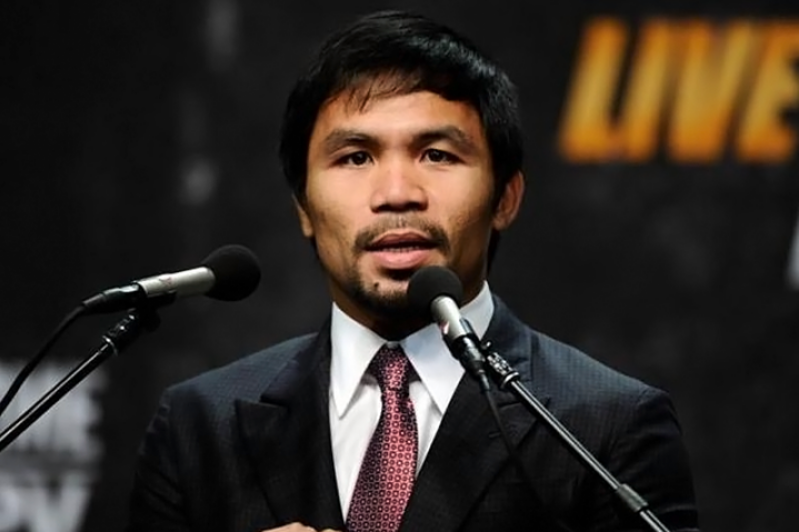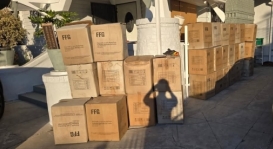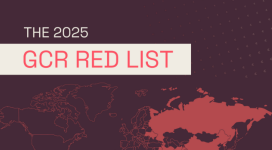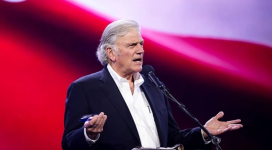
Filipino boxing great-turned-politician Manny Pacquiao has vowed his full support for Philippines President Rodrigo Duterte, stating that he believes that God sent Duterte to save the nation - even as the president faces increasing scrutiny over his bloody war on drugs.
During a recent interview with Reuters, Pacquiao, a born-again Christian, voiced his admiration of the president, who assumed the nation's top office in June after making the war on drugs the central part of his campaign, saying narcotics are destroying the nation of 100 million people.
"God put him there for a reason, for purpose - to discipline the people," he argued. "In the past administrations, people didn't respect the law, the leader, the authorities.... What Duterte is trying to do is let the people know - and put it in their hearts and minds - that you need to respect the law of the land."
After coming into office, Duterte established a hefty bounty for civilians who personally detain or kill drug offenders, and promised police who kill drug suspects absolution should they be charged with homicide. The president's war on drugs has killed more than 3,800 people since June; About 1,500 of the dead have been killed in police operations, but most were murdered by unidentified assassins, according to The Guardian.
In September, Duterte came under fire after comparing himself to Hitler and saying he would "be happy to slaughter" three million Filipino drug users and peddlers. He also argued his targets are "all criminals" and that getting rid of them would "finish the (drug) problem of my country and save the next generation from perdition."
As the body count continues to grow with no seeming end to the country's drug problem, Senator Leila de Lima, a human rights advocate and former justice secretary, has urged world leaders to consider sanctions and the International Criminal Court (ICC) in the Hague to launch an investigation into Duterte and those who worked for him, arguing that foreign intervention was the only hope of putting an end to "state-inspired" extrajudicial murders.
"It [ICC] should start to think about investigating already or doing an inquiry into the killings as crimes against humanity," she told The Guardian.
"I believe that the ICC, given the current situation, under the current factual premises that we have, the continued killings, would have rightful jurisdiction," she said.
They should have the right to investigate "anyone, including the president, and his lieutenants, those who implement his orders", she added.
"I have no doubt in my mind that this is really state-inspired," De Lima said. "You cannot dismiss this sort of rhetoric as just a figure of speech or hyperbole because that's not how the people on the ground have been interpreting the pronouncements of the president."
Duterte's war on drugs has been condemned by the United Nations, European Union and the United States, with many world leaders voicing concern over the widespread killings and human rights violations.
However, Pacquiao, who served a six-year term in the Philippine Congress before winning election to the Senate in June, referred to Duterte as a "respectful person, a hospitable person, a friendly person" and "a very nice guy" and said they have been friends for quite some time.
"He helped me a lot. He helped me with the promotion when I started in boxing. One of my fights held in Davao, he sponsored it," Pacquiao told Reuters.
The boxer admitted Duterte did not know that, as a young man, he had tried "all kinds of drug," but said he didn't believe it would affect their relationship because Duterte "always gives a chance to people who want to be changed."
Duterte has repeatedly asserted that his government will provide rehabilitation services for any drug-addicted person who surrenders to police, and is working to build more rehabilitation services.







